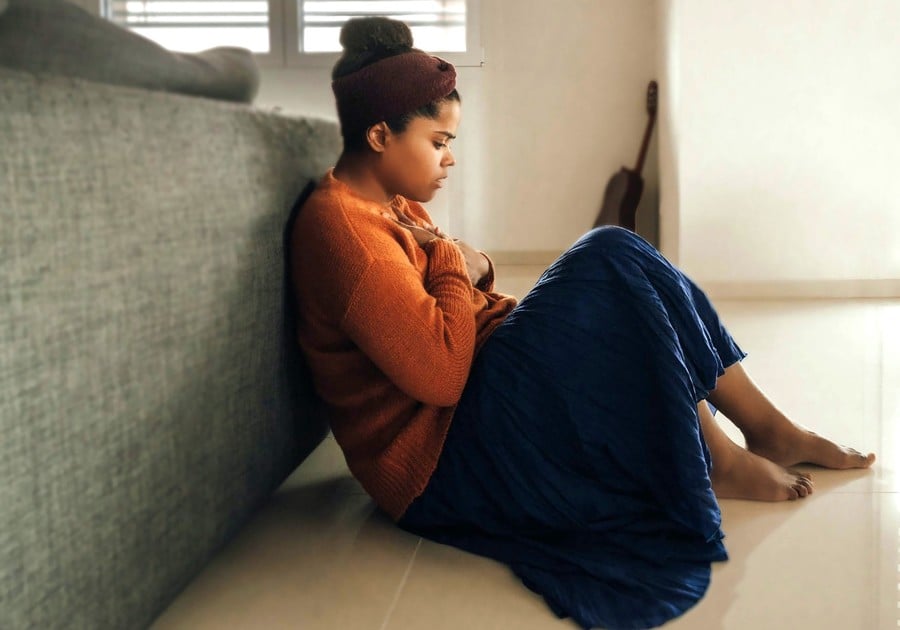For many, fall suggests foliage, essence of pumpkin spice, apple picking, and the folly of Halloween and hayrides. At the same time, it ushers in back-to-school jitters, social challenges, schedules full of commitments, and academic anxiety. When negative emotions become overwhelming, they can interfere with the quality of life, as well as academic and social-emotional development. Seeking help from a professional can identify the problem, reassure your child and family that you are not alone in your struggles, and offer constructive skills and psychoeducation to handle whatever challenges you are facing. For many, the first step is psychotherapy, or talk therapy.
Individual psychotherapy for children and adolescents can take many forms, including Supportive Therapy, Cognitive Behavioral Therapy, Dialectical Behavioral Therapy, Acceptance and Commitment Therapy, Cognitive Processing Therapy, and Psychoanalytic Therapy. Psychotherapy is indicated for all the common psychological diagnoses of childhood, or for children struggling with difficult emotions that interfere with their ability to participate and enjoy their usual activities. It can be used to help children heal after trauma or loss, or manage behavior that is causing disharmony at home.
While children and adolescents are the most accurate reporters of their own feelings, they often lack the vocabulary to articulate their mental life or advocate for themselves. Child therapists can help them to identify complicated feelings and often work as liaisons between parents, schools, and other professionals.
What are the Differences in Psychotherapy in Children and Adults?
Like adults, psychotherapy in children needs to be individualized to the specific client. The approach is adjusted according to the child’s developmental stage, family culture and environment, and temperament. Typically, the success of psychotherapy depends on a healthy relationship with the child and a therapeutic rapport with their parents. Parents often benefit from education regarding how to manage emotional triggers and behavior, and how to create a more positive and peaceful environment in the home. When a family can benefit from more extensive involvement, the therapist might request to meet with the family or refer to a family therapist.
The goal of psychotherapy is similar in adults and children. Broadly speaking, the aim is to provide a trustworthy and nurturing environment where an individual can learn more about themselves and identify adaptive strategies for managing challenging emotions and life situations. While adults usually voluntarily enter psychotherapy; children are most often persuaded by a caregiver. The therapist is therefore charged with engaging and motivating the child to participate in an unfamiliar process. A therapist might have to engage in play or superficial discussion to first form an alliance which becomes a foundation for treatment.
Confidentiality
While young children care less about confidentiality than adolescents, advantages exist to creating an atmosphere where children feel safe to explore their feelings without fears that they will be exposed to a third party. Confidentiality is often preserved unless a child is thought to be a danger to themselves or others. Therapists should discuss confidentiality with parents, reassuring them that they will be informed of any necessary information, while respecting the autonomy of their child and the therapeutic relationship.
What to Expect when a Child Meets with a Psychotherapist
After a thorough evaluation, your child’s psychotherapist should form a treatment plan that addresses the social, emotional, or academic difficulties your child is having. We suggest looking for a practice, such as The Midtown Practice where several types of clinicians with diverse expertise are available to tailor evidence-based guidelines and build a comprehensive approach that matches the needs of your child and family. Another advantage of using a multidisciplinary practice is that, if necessary, your family can obtain other sources of needed help, such as couples therapy, family therapy, parent coaching, or assessment for psychiatric medication. Whomever you choose as your mental health provider, ask that they continually assess your child’s progress with the end goal in mind, collaborating with schools and other professionals when needed.

Julia’s board certification in Neurology and Psychiatry provides a unique perspective of both brain and mind. Her expertise combines a deep knowledge of neuroscience with more than a decade of clinical work. Julia’s unique dual board certification gives her perspective on both the medical and emotional aspects of the brain and mind. Her clinical expertise combines a deep scientific knowledge of neuroscience with more than a decade of clinical work. She has experience in diagnosing and treating a variety of psychiatric conditions with a range of psychopharmacological and psychotherapeutic approaches.
The Midtown Practice is a professional psychotherapy and psychiatry practice offering care across the lifespan. We treat those struggling with difficult emotions, psychiatric diagnoses, and/or other challenges associated with modern life. Our practice offers individual and group psychotherapy, couples and family therapy, as well as parent coaching. We provide psychopharmacology to children as young as six, and psychotherapy to individuals 12 and up. Together, our group of psychopharmacologists and psychotherapists are committed to helping our clients live with greater fulfillment, vitality and peace of mind.



